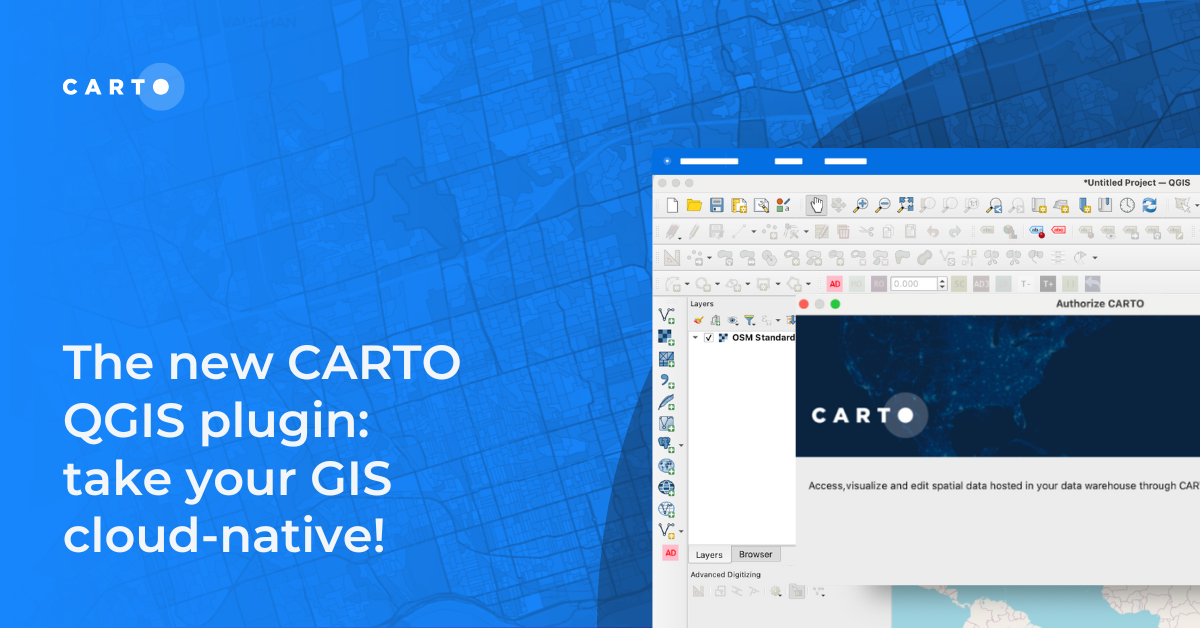CARTO & Databricks: Bringing Spatial Analysis to the Lakehouse Platform


True to our mission of unlocking spatial analytics in the cloud today we are thrilled to announce the beta launch of CARTO Spatial Analytics on Databricks.
The Databricks Lakehouse Platform simplifies data architectures by eliminating the data silos that traditionally separate analytics, data science and machine learning. Its native collaborative capabilities accelerate the ability to work across teams and innovate faster.
Until now Databricks has had limited support for geospatial workloads but with the launch of CARTO Spatial Analytics on Databricks, users can now seamlessly connect to Databricks and execute a powerful collection of spatial analysis functions, natively in the Data Lake Platform.
The extension supports the import of spatial data in many geo formats, lets users rapidly create insightful map-based visualizations and execute scalable spatial analysis functions natively using push-down SQL queries. Moreover the integration frees up access to more than 10 000 spatial datasets from our Data Observatory, using Delta Sharing so users can enhance their geospatial projects with demographic financial behavioral and mobility data streams.
We extend Databricks using User Defined Functions (UDF) to add spatial support. Through a collaboration with Azavea we have created a new Open Source library called the CARTO Analytics Toolbox that exposes Geomesa spatial functionality as a set of Spatial UDFs bringing PostGIS-like features to Spark™.

Many of the largest organizations use Databricks for their analytical workloads so we knew cloud native spatial support was key. With the power of Spark™ and the Delta Lake Platform connected with CARTO it is now possible to push down all spatial workflows to Databricks clusters. This is an exciting day for Spatial Analytics using Big Data natively in the cloud.
With this release we are providing the fundamental building blocks for Location Intelligence in Databricks. To learn more check out the Databricks announcement that includes a story from our joint customer JLL.
The beta Spatial Extension for Databricks is available through the latest version of our cloud native Location Intelligence platform for more information see our technical documentation and sign up for a free 14-day trial. We’d really like to hear your feedback!



















